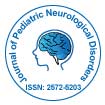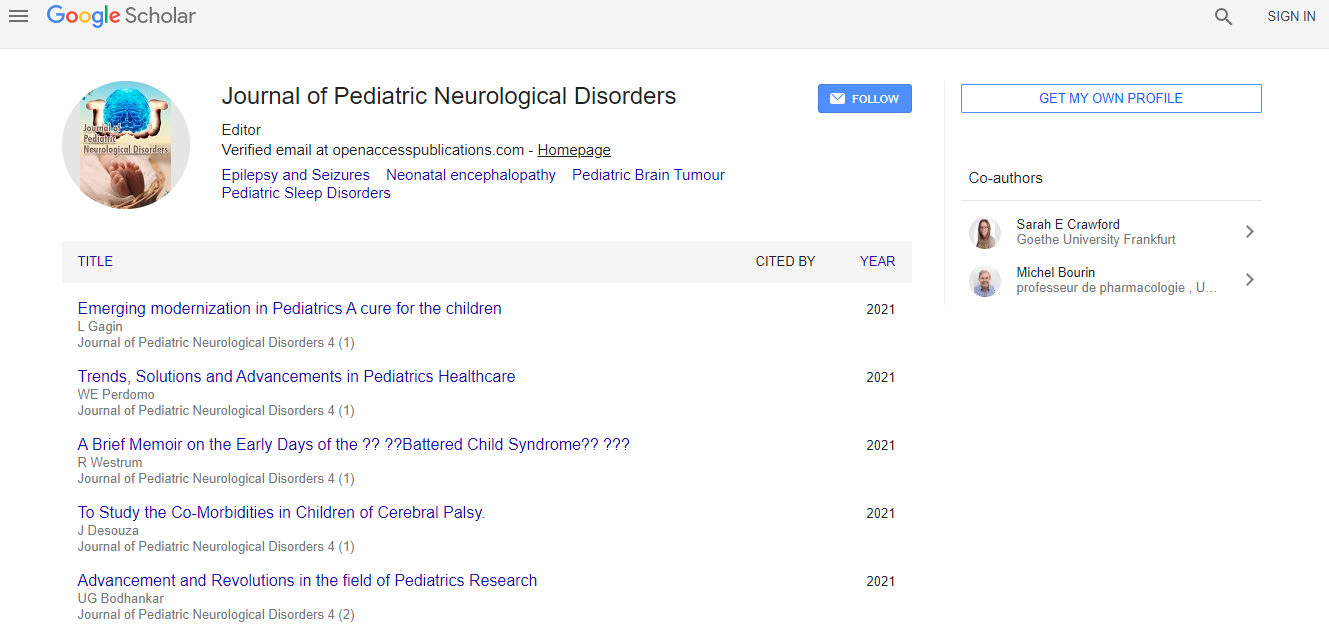Commentary
Highlights on Aberrant Face Processing in Autism Spectrum Disorder and Its Percussions on Management of Autistics.
Eman Ahmed Zaky*Department of Pediatrics, Child Psychiatry Unit, Faculty of Medicine, Ain Shams University, Cairo, Egypt
- *Corresponding Author:
- Eman Ahmed Zaky
Department of Pediatrics
Professor of Pediatrics and Head of Child Psychiatry Unit
Faculty of Medicine, Ain Shams University, Cairo, Egypt
Tel: 002021062978734
E-mail: emanzaky@med.asu.edu.eg
Received date: July 25, 2017; Accepted date: July 29, 2017; Published date: August 09, 2017
Citation: Zaky EA (2017) Highlights on Aberrant Face Processing in Autism Spectrum Disorder and Its Percussions on Management of Autistics. J Pediatr Neurol Disord 3: 115. doi:10.4172/2572-5203.1000115
Copyright: © 2017 Zaky EA. This is an open-access article distributed under the terms of the Creative Commons Attribution License, which permits unrestricted use, distribution, and reproduction in any medium, provided the original author and source are credited.
Abstract
Highlighting the neurological basis of normal face processing and its abnormalities in ASD seems crucial because of its percussions on symptomatology and the management plan of autistic children. Human face processing that has been proven to be compromised in many autistic individuals is pivotal for proper social interactions. Such spontaneous perceptual task in normal children is carried out by face processing areas of the brain as fusiform gyrus, superior temporal sulcus, and amygdala. Behavioral, electrophysiological, and neuroimaging studies showed evidences of dysfunction of such areas in many autistics who often focus on face periphery and cannot interpret that it tells something about a person’s state of mind. Very early targeted intervention can stimulate face processing areas of the brain during the early developmental phases of social brain circuitry which in turn will help autistics to pay attention to faces and learn how to understand emotional expressions. Eventually, prevention or at least significant amelioration of both the spectrum and severity of autistic symptomatology might be possible.

